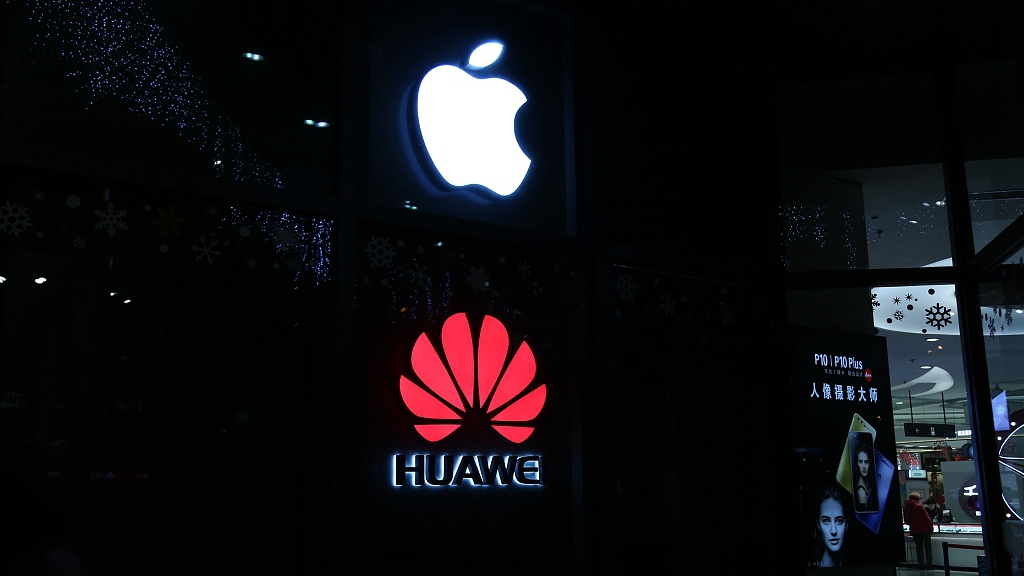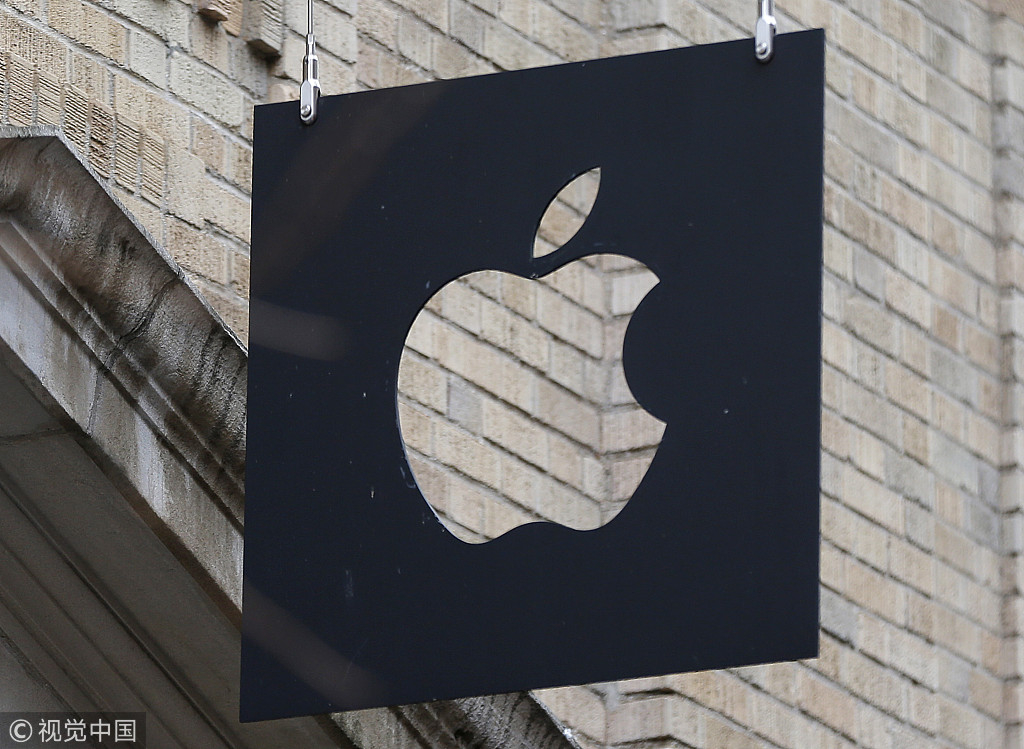A recent report from the Pentagon's Defense Innovation Board should be a wakeup call about today's most important emerging technology.
As one of the vital technologies the will underpin the next phase of the information revolution, 5G network technology is a key battleground for determining which nations lead the way in the digital future. Last week, the Defense Innovation Board, a group of private sector leaders and scientists who advise the Department of Defense on technology issues,
that should serve as a wakeup call to both American policymakers and the public.
Just as 4G networks unlocked the power of the smartphone and other connected devices, 5G’s high speeds and low latency will create better conditions for the “Internet of Things,” communication with automated vehicles and systems, and data flows that will power artificial intelligence and machine learning. While the United States once had the advantages of 4G incumbency, it has been slow to develop 5G technology because of suboptimal radio spectrum allocation, debt-laden wireless companies, and a fragmented government policymaking process. Meanwhile, China and its national telecommunication champion Huawei have pushed forward to close the gap in 4G and
in the development of 5G.
The report’s sobering conclusion is simple and straightforward: “The country that owns 5G will own many of these innovations and set the standards for the rest of the world…that country is currently not likely to be the United States.”
Even if one does not believe the concerns of U.S. policymakers about the espionage and security risks of Chinese 5G equipment—and some of our
with 5G equipment from Huawei and other Chinese providers—there are broader consequences regarding Chinese technology leadership and its global impact. Earlier this month, six former senior U.S. military commanders
the risks posed by Chinese 5G technology in the areas of espionage, military operations, and human rights and civil liberties. As they note, even absent technological vulnerabilities in Chinese equipment, the basic legal structures in China and the ties between the Chinese government and its industries compel cooperation in matters of national security, internal control, and intelligence gathering.
While it does not explicitly say so, the DOD report operates on the assumption that Chinese behavior in this arena will remain unchanged. Therefore, the West must match and overcome this challenge, rather than seek to contain or accommodate it.
Over the past six months, we at the Center for the Study of the Presidency & Congress have convened stakeholders from the government and private sector to explore how the United States can better coordinate policies on advanced technology and work with allies to build a common approach. A key area of concern is the future of 5G technology.
While the administration had considered
to counter Chinese advances, the answer is not to try to “out-China China.” Rather, it is time that the United States moved beyond its fragmented approach to 5G—and other advanced technologies—to better understand the impact of technological impact and develop a coherent set of strategies for these technologies.
Such an effort is needed at a time when the marriage of geopolitics and technology creates a “Geotech” confrontation where open societies and authoritarian regimes are competing to set technology standards. In the Executive Branch, this will require thorough, White House-level coordination of issues that cut across traditional silos related to national security, economic policy, and science and technology policy. For Congress, it will require coordination across committees of jurisdiction on armed services, foreign affairs, intelligence, commerce, and science. In government writ large, there must be a greater emphasis on drawing expertise from technology and science innovators to cross-pollinate an understanding of technological innovation with policymaking.
Beyond the Beltway, there must be a bridging of the gap between government and technology innovators to ensure that government, the national labs, universities, and the private sector push together for cutting-edge research and technology deployment. Finally, we must work with our allies to ensure that open societies lead the way in technological innovation and setting the standards of the future. These approaches draw on the openness and innovation—American strengths—while also ensuring that our technological future is better coordinated rather than over-regulated.
The challenge posed by Chinese technology leadership is clear. What we must consider now is not only how we mitigate this threat from abroad, but also how we strengthen ourselves to overcome it.


